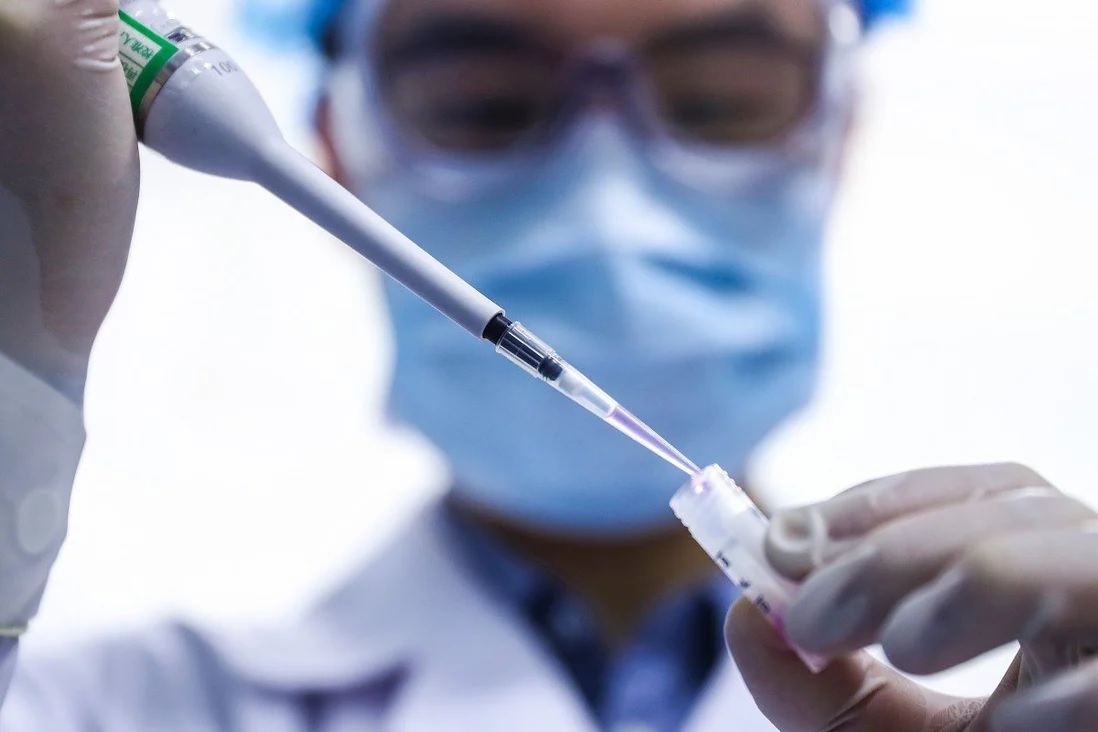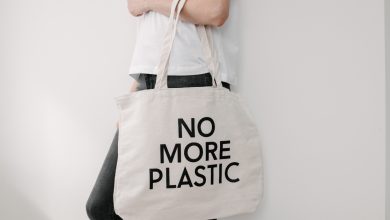Citing advice from various medical experts, The National listed six do’s and don’ts after taking the vaccine.
1. Avoid drinking excessive alcohol or better yet, don’t drink at all.
Drinking alcohol at about the time of a vaccination is not entirely dangerous, but several medical experts issued caution nonetheless.
In the UAE, people are urged not to drink alcohol for four days after their first and second shots. Some medics advise seven days.
One must know that there is no guaranteed protection in the first couple of weeks after the vaccination.
Last month, Dr. Alexander Gintsburg, director of the Gamaleya National Centre of Epidemiology and Microbiology in Moscow, where the Sputnik V vaccine was developed, advised people to “refrain from alcohol for three days after each injection, which applies to all vaccines.”
Gintsburg explained that alcohol has the ability to suppress the immune system, particularly in heavy drinkers.
2. Do not mix certain medical treatments with vaccination
Vaccines should not be given while someone is receiving certain types of medical treatment.
For example, a rheumatoid arthritis treatment called rituximab acts as an immunosuppressant and may make vaccines less effective.
3. Do not be complacent about the risks of spreading COVID-19
Despite getting the vaccine, people are still advised to wash their hands regularly, practice physical distancing, wear a mask and take other precautions to prevent the spread of the virus even after being vaccinated.
“After having the vaccine, the first thing to know is that you are not protected at all for the first couple of weeks,” said Prof Paul Hunter, an infectious diseases specialist and professor of medicine at the University of East Anglia in the UK.
People are reminded that no vaccine is 100 percent effective. Thus, even those who have had both doses of one of the vaccines may still be at risk of becoming ill.
4. Do get vaccinated, even if you have had COVID-19
People who have had a previous coronavirus infection may be less likely to become ill from Covid-19 again after developing immunity, but they should still be vaccinated.
5. Do outline conditions and medication before receiving a shot
Coronavirus vaccines were shown in large-scale clinical trials to be safe and effective, and the risk of significant side effects is minimal.
Vaccination is considered particularly important for people with serious medical conditions, because they may be more vulnerable should they become infected.
But people who have had severe allergic reactions to vaccines in the past should mention this before getting a coronavirus shot. In some countries, this may affect which vaccine is given.
6. Do seek help if you develop side effects
Advice from the British government showed that people can carry on with normal activities after being vaccinated if they feel fine.
People who receive a shot are advised to remain at the vaccination centre for a short time – typically about 15 minutes—in case they suffer an extreme allergic reaction called anaphylactic shock.
“If you’re at the vaccination centre when it happens, it’s easier to deal with,” Prof. Hunter said.
Coronavirus vaccines have little or no effect on people’s ability to drive or operate machinery—unless they develop side effects.
Anyone who becomes tired or feels unwell should rest and not operate machinery or drive a vehicle. (CC)






